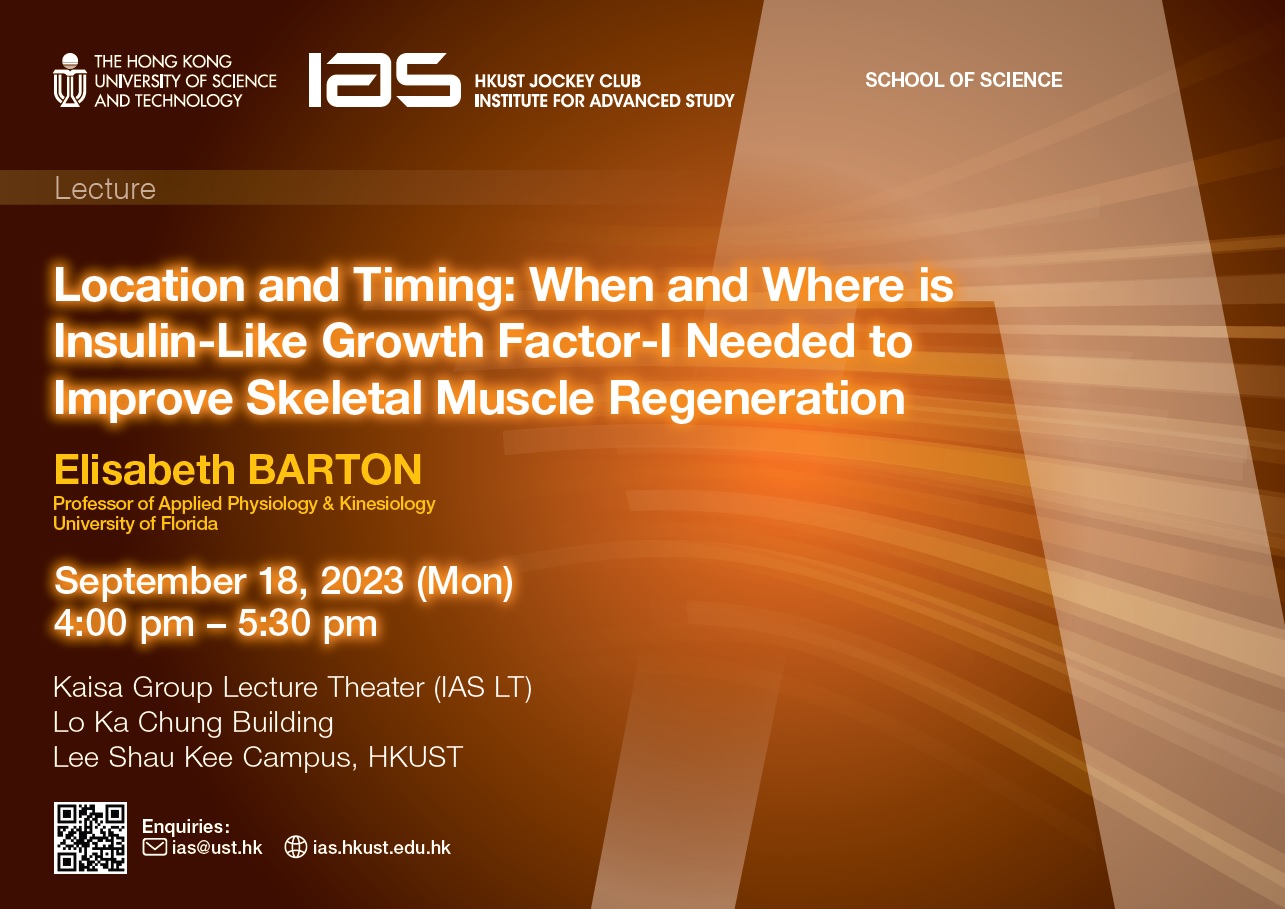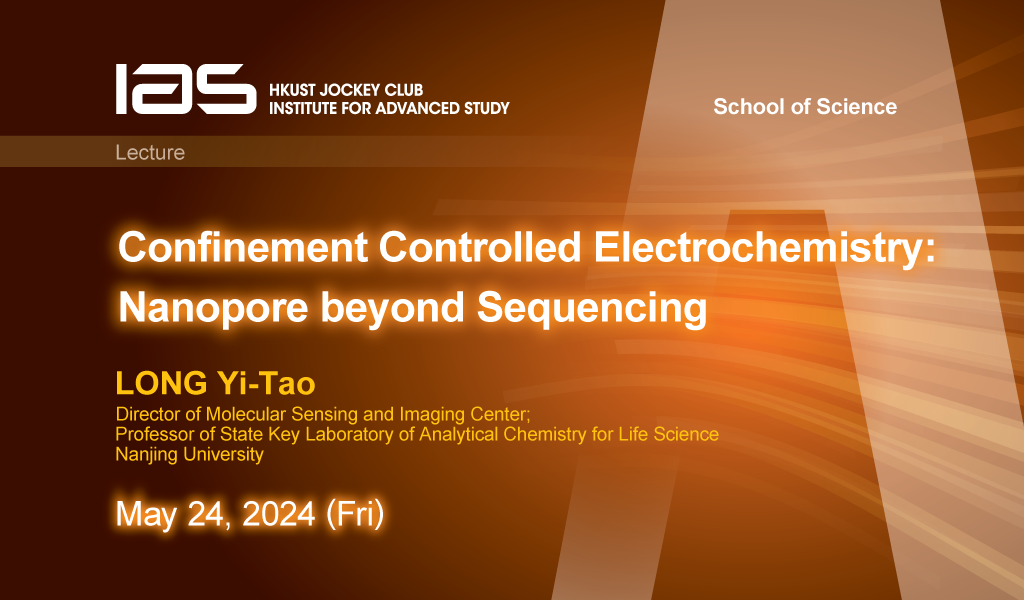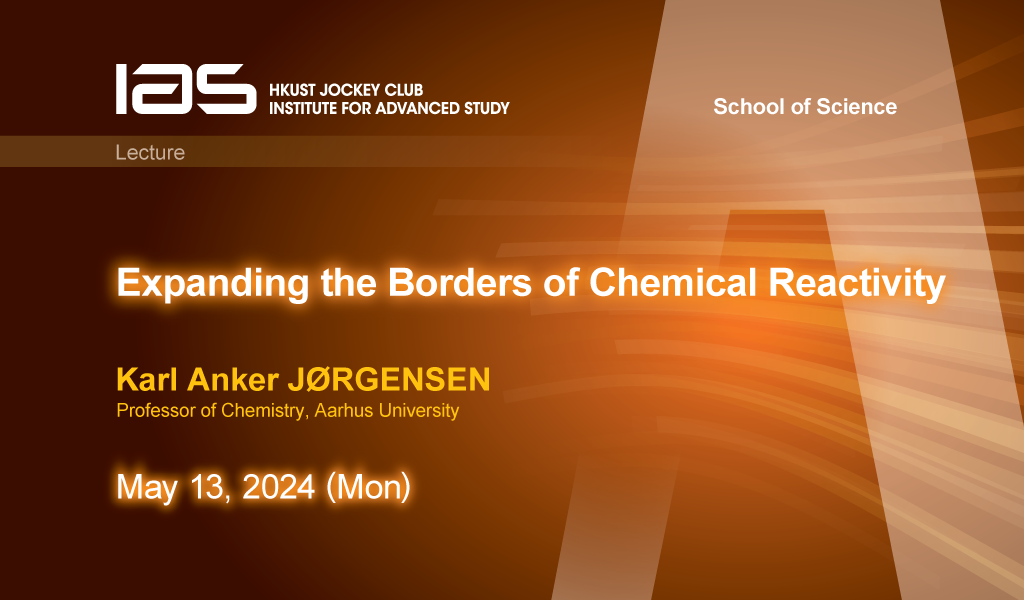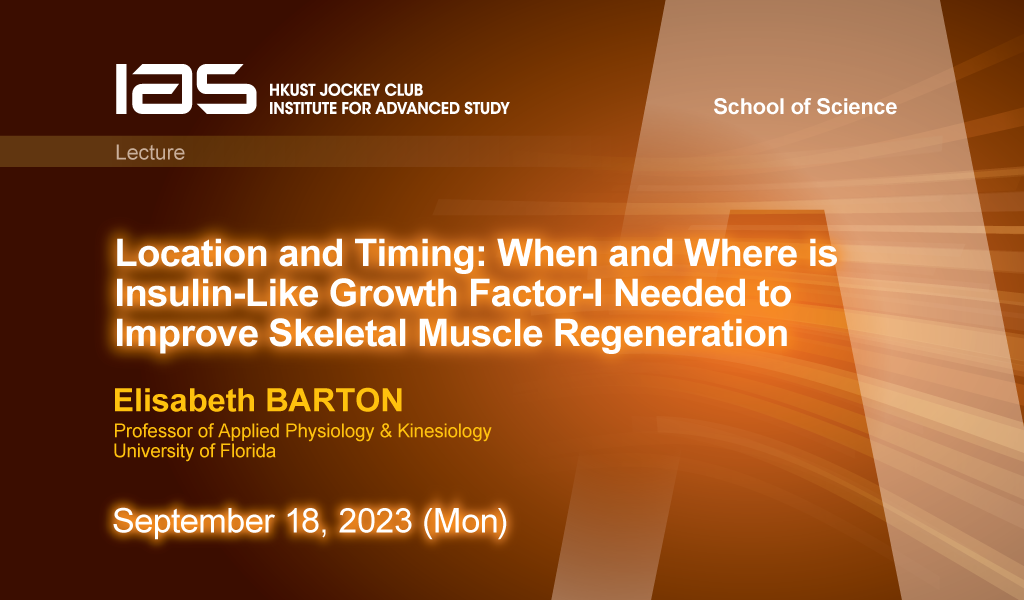

Abstract
Insulin-Like Growth Factor-I (IGF-I) is a critical factor that facilitates mitotic and anabolic growth in all tissues. In skeletal muscle, IGF-I helps to resolve damage by promoting satellite cell proliferation and differentiation, suppressing inflammation, and enhancing fiber formation. The speaker’s research team has spent the last two decades focusing on the impact IGF-I has on skeletal muscle physiology and its therapeutic potential for enhancing regenerative capacity. Most recently, they have utilized tissue and cell specific ablation of IGF-I production to uncover important sources of this factor. Specifically, they have generated new mouse models with inducible deletion of Igfl from muscle fibers (MID), satellite cells (SID) and fibro-adipogenic progenitors or FAPs (FID), and they monitored mass, fiber properties, IGF-I levels, and function after acute injury. The most severe deficits in regenerative capacity occur in muscles from SID mice, demonstrating the importance of IGF-I from satellite cells for efficient repair. What was unanticipated was the need for IGF-I from FAPs: not only do FAPs provide up to 25% of total IGF-I during regeneration, but this source is also necessary to promote efficient regeneration. These findings suggest that satellite cells and FAPs may effectively boost IGF-I concentrations within a limited but sensitive spatial-temporal window during muscle regeneration, and that regenerative capacity is dependent upon what cell sources of IGF-I are available.
While the most well-characterized form of IGF-I is the mature 7kD protein, alternative splicing and post-translational modification complexity lead to several additional forms of IGF-I. Previous studies have shown muscle efficiently stores glycosylated pro-IGF-I, which is one of the largest forms of the factor, but this form has reduced IGF-I. receptor activation. In contrast, non-glycosylated forms display more efficient receptor activation. To examine the functional significance of these forms, the speaker’s team employed CRISPR-Cas9 gene editing to ablate IGF-I glycosylation sites or its cleavage site in mice. These studies support that glycosylation enhances growth factor storage, and that cleavage of the glycosylated portion of IGF-I is a necessary step to enable increased activity in muscle. Overall, the source, form, and timing of IGF-I production are important contributors to its benefits for skeletal muscle.
About the Speaker
Prof. Elisabeth Barton earned her BS in Biophysics from Wellesley College in Massachusetts in 1987 and her PhD in Physiology and Biophysics from the University of Washington in 1996. She received postgraduate training and was the faculty at the University of Pennsylvania in 1997-2014. In 2015, she moved to the University of Florida and is currently a Professor in the Department of Applied Physiology & Kinesiology.
Prof. Barton’s primary research interest is in skeletal muscle repair. Her work has broad applications including accelerating the resolution of muscle damage after acute injuries, altering the balance between damage and repair in chronic injury associated with neuromuscular disease, and enhancing the repair axis in aging muscle. She has spent the last 20 years studying insulin-like growth factor I (IGF-I), a key player in the muscle regeneration process. More recently, she has focused on how muscles sense load, and how these sensors become dysfunctional in muscle disease. She currently serves on the editorial board of Skeletal Muscle and Muscle and Nerve.
Prof. Barton is a Member of the American Society for Cell Biology, the American Physiological Society, the Biophysical Society, and the American Association of Neuromuscular and Electrodiagnostic Medicine.
For Attendees' Attention
Seating is on a first come, first served basis.



